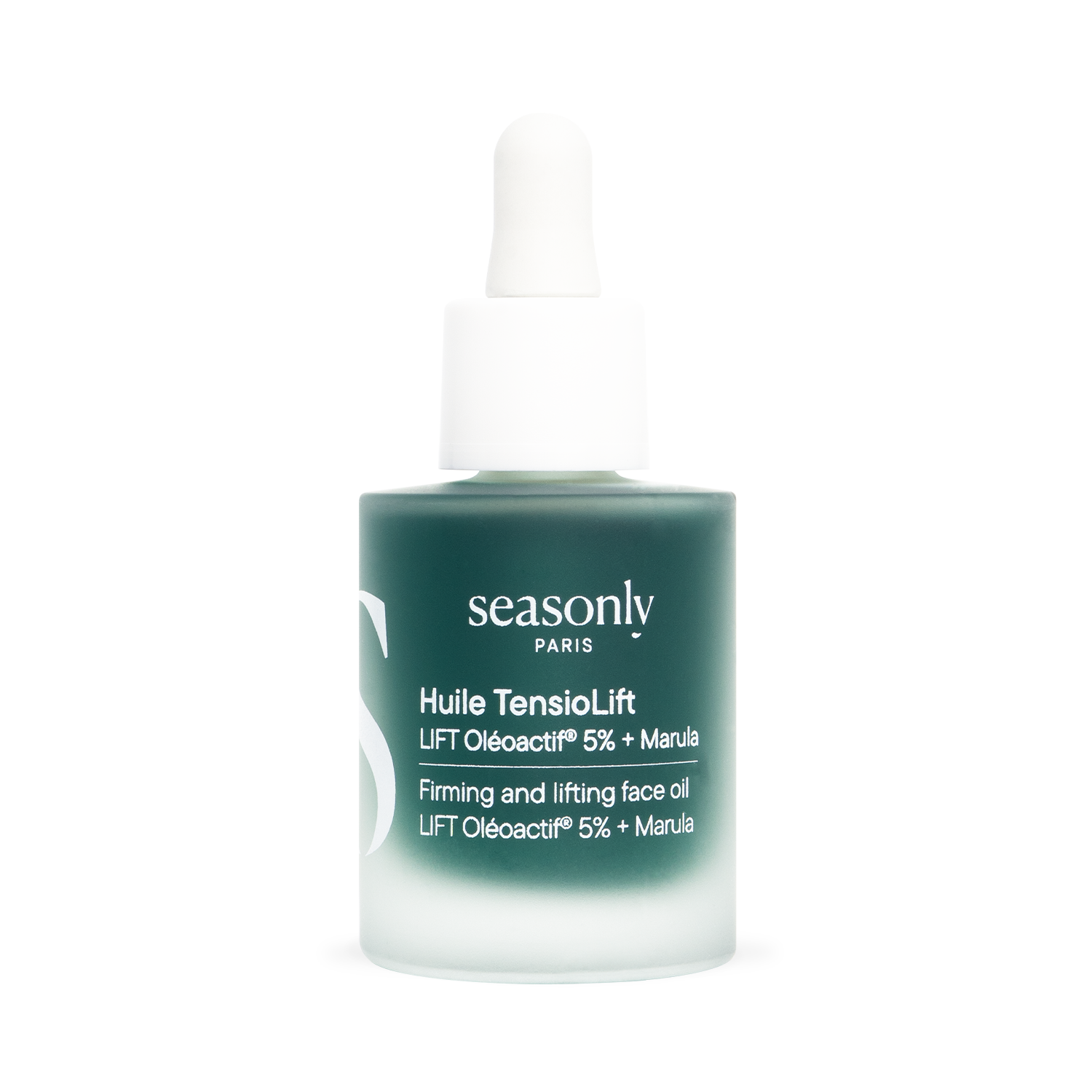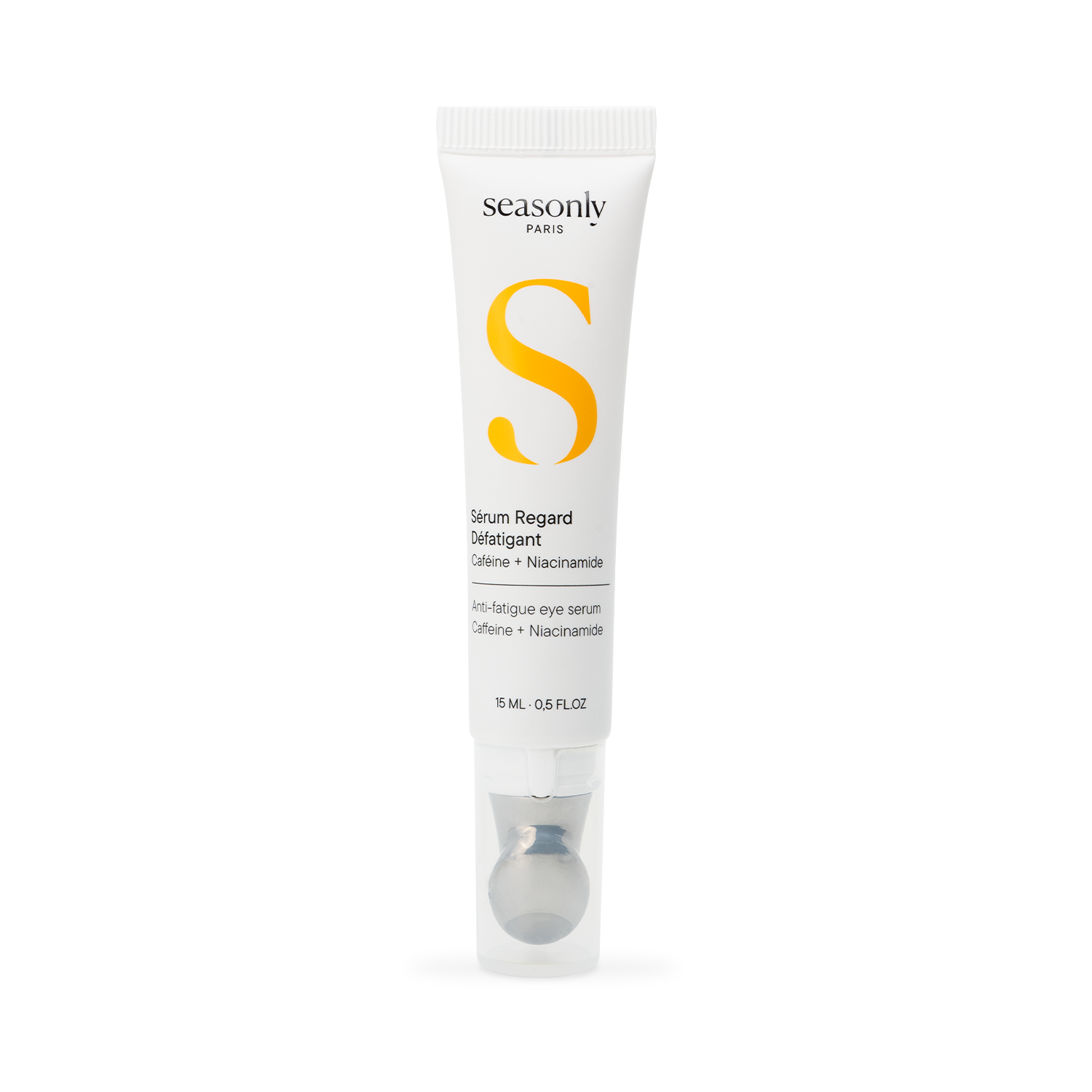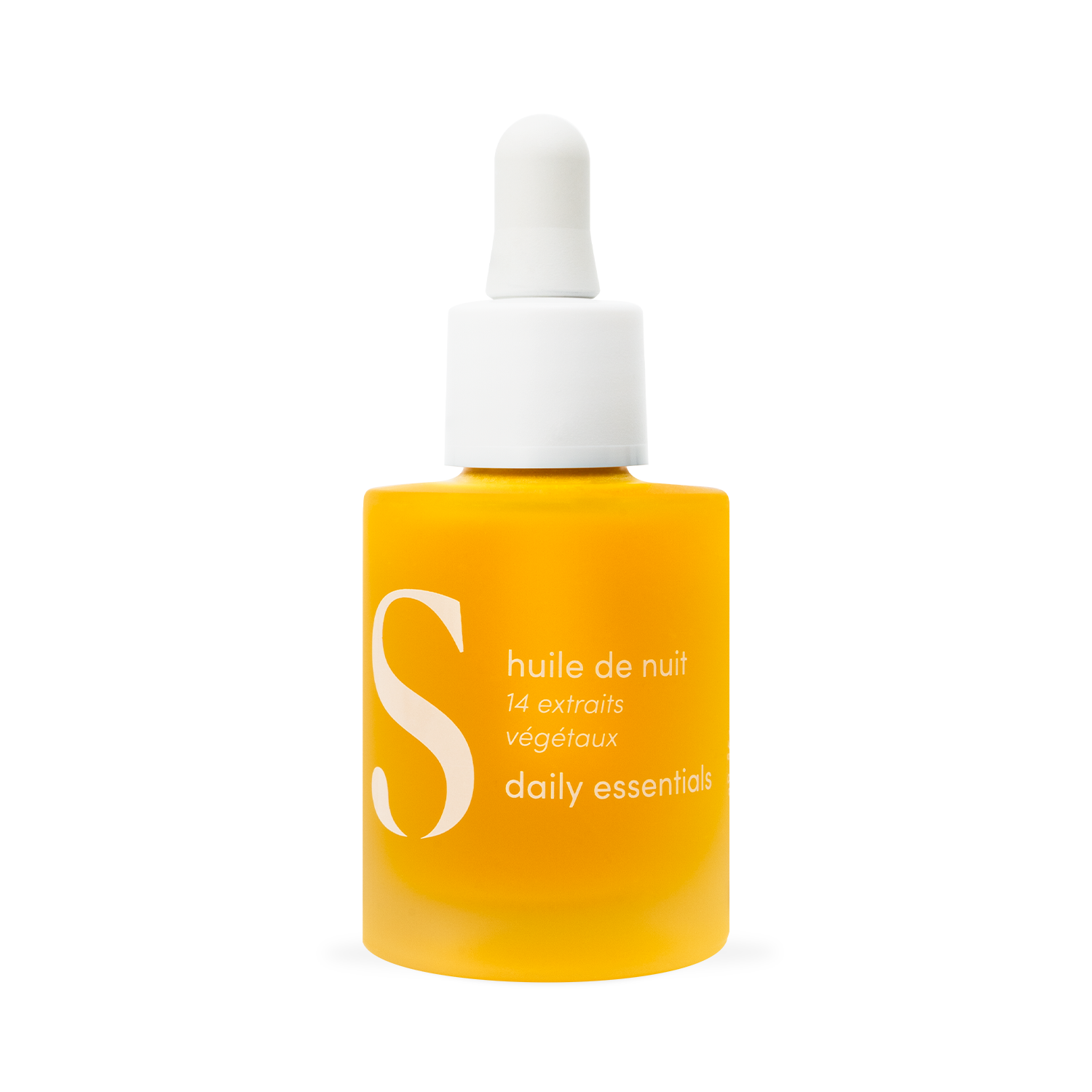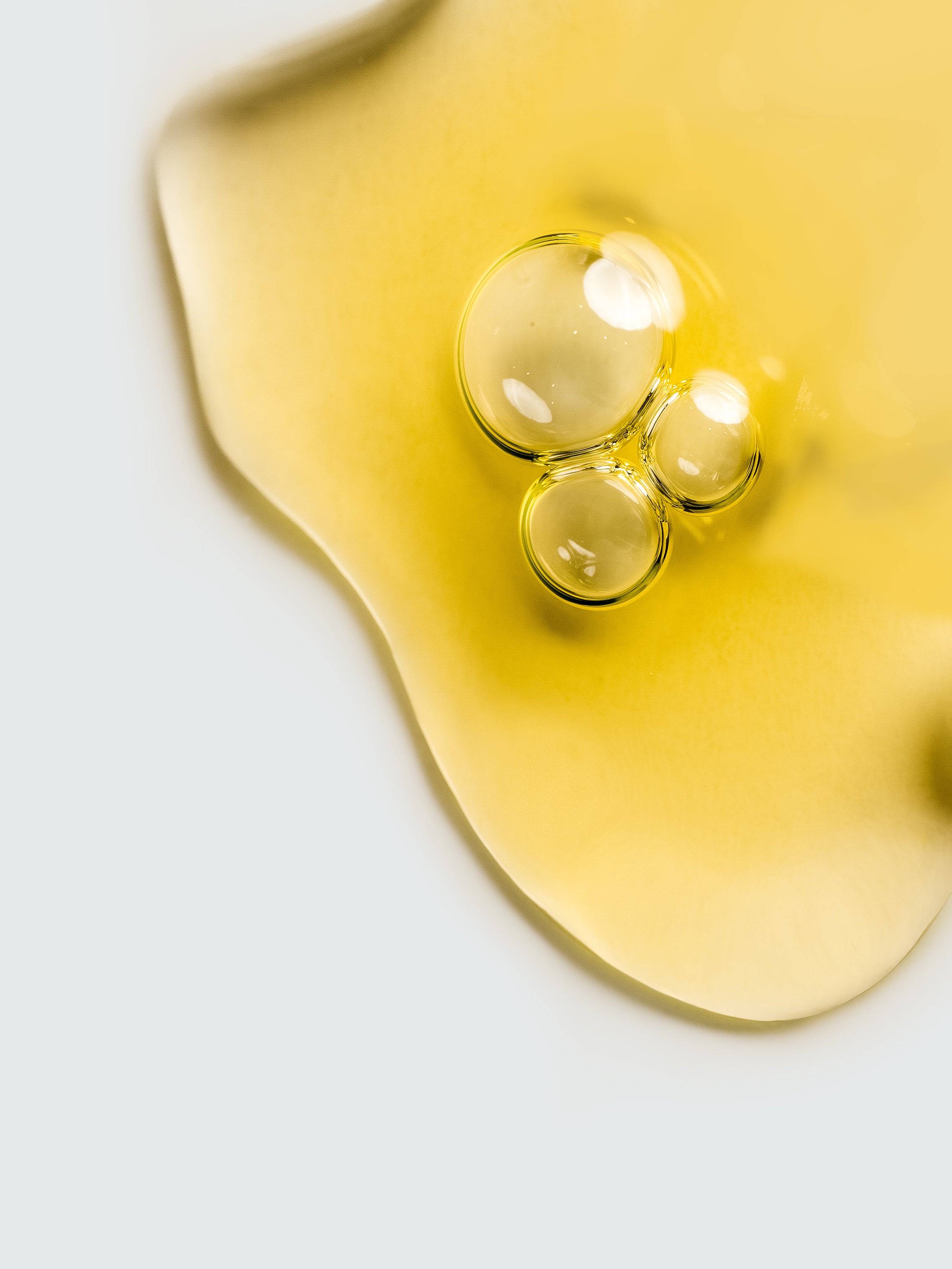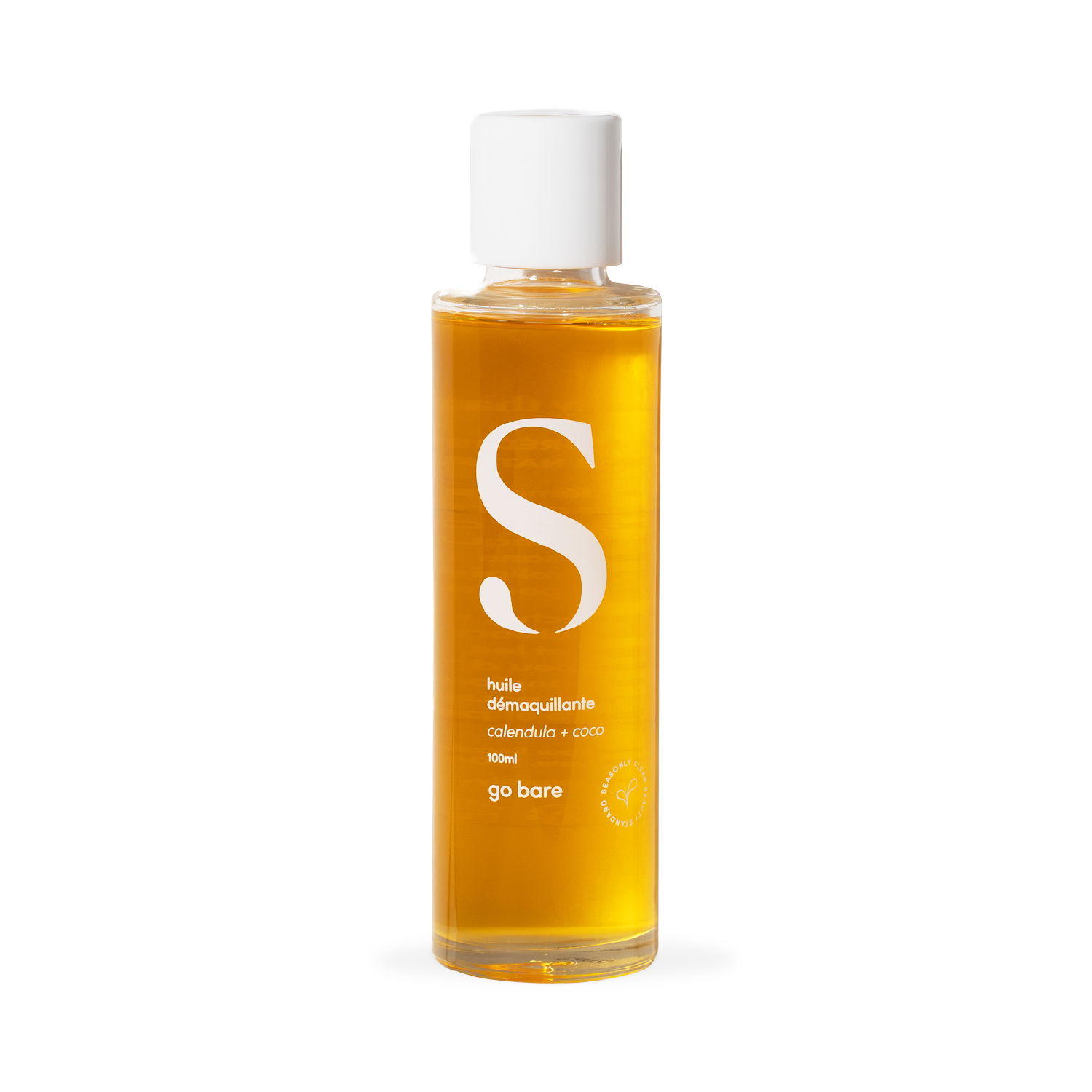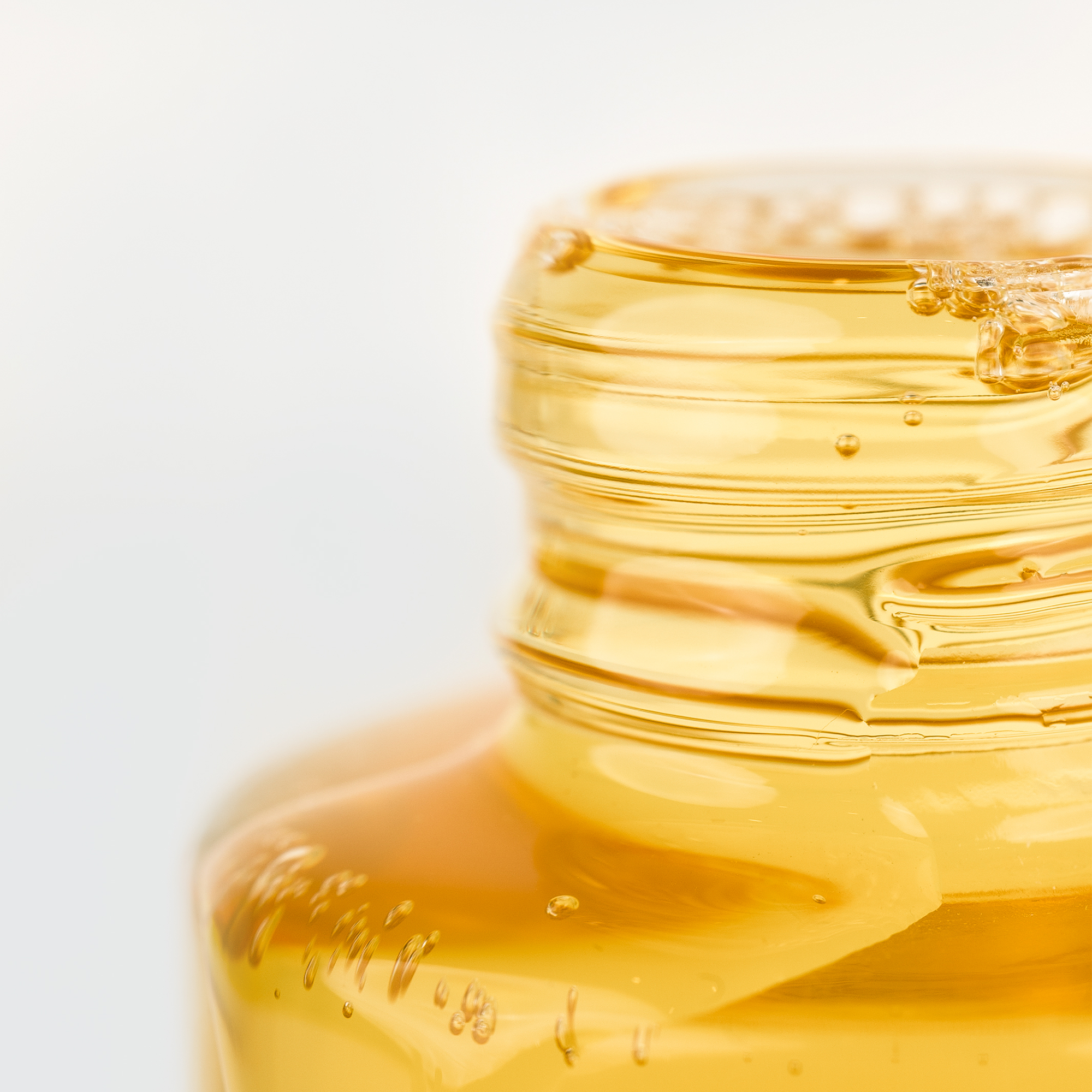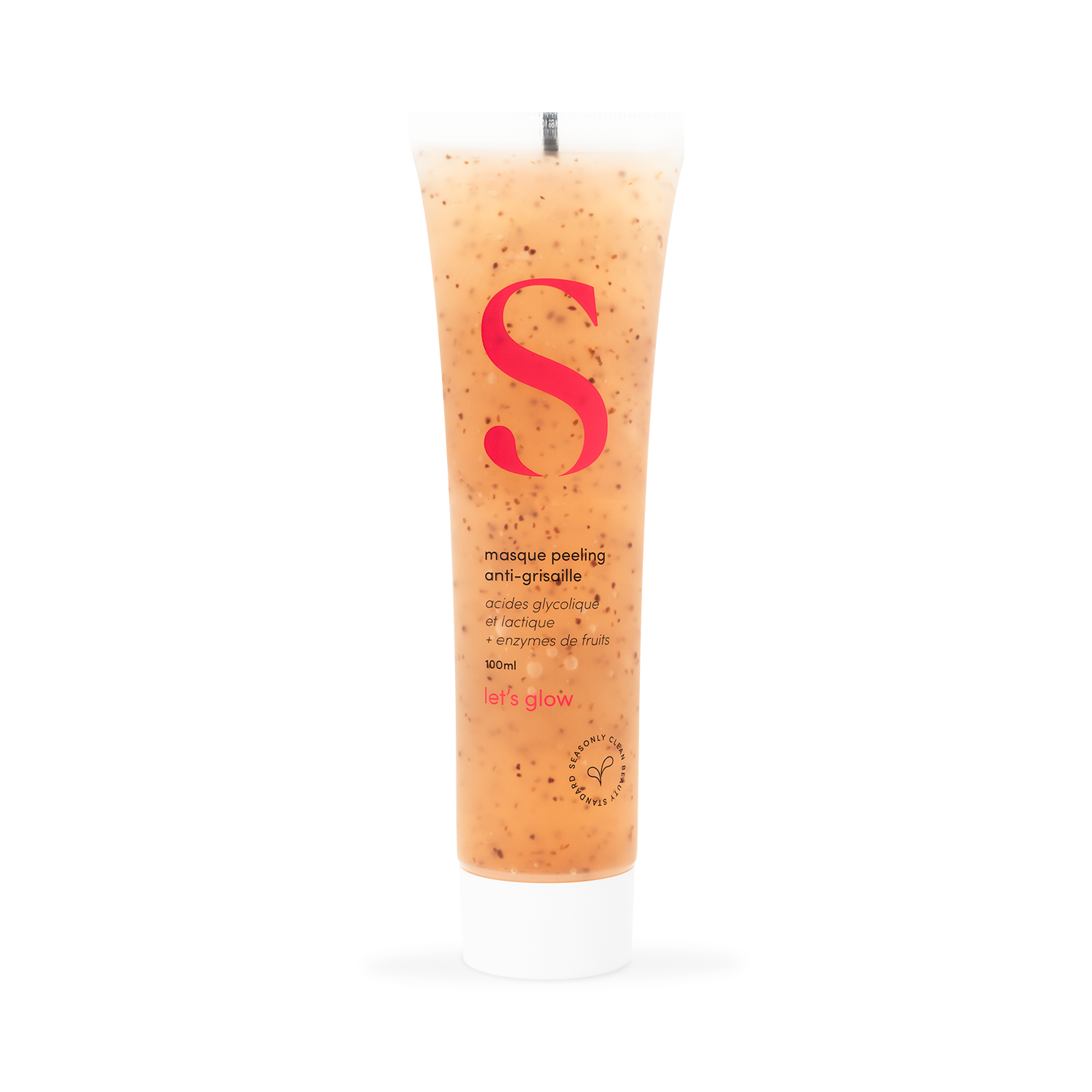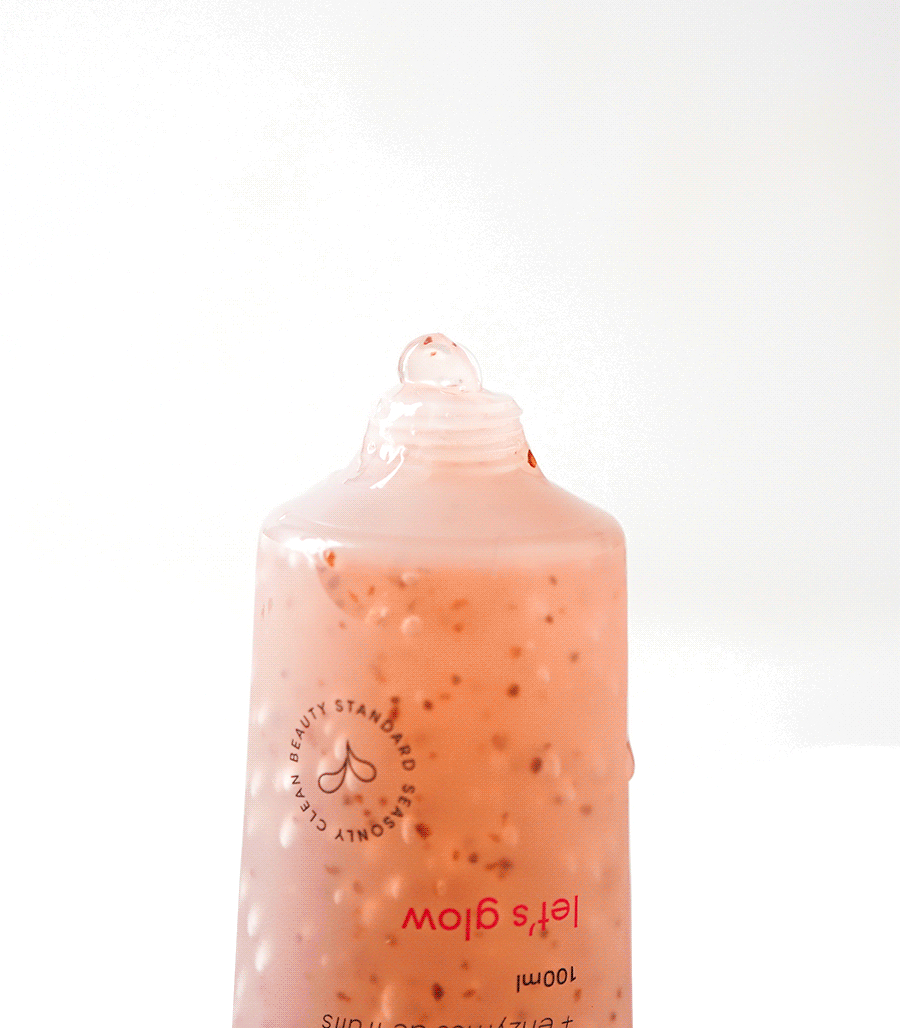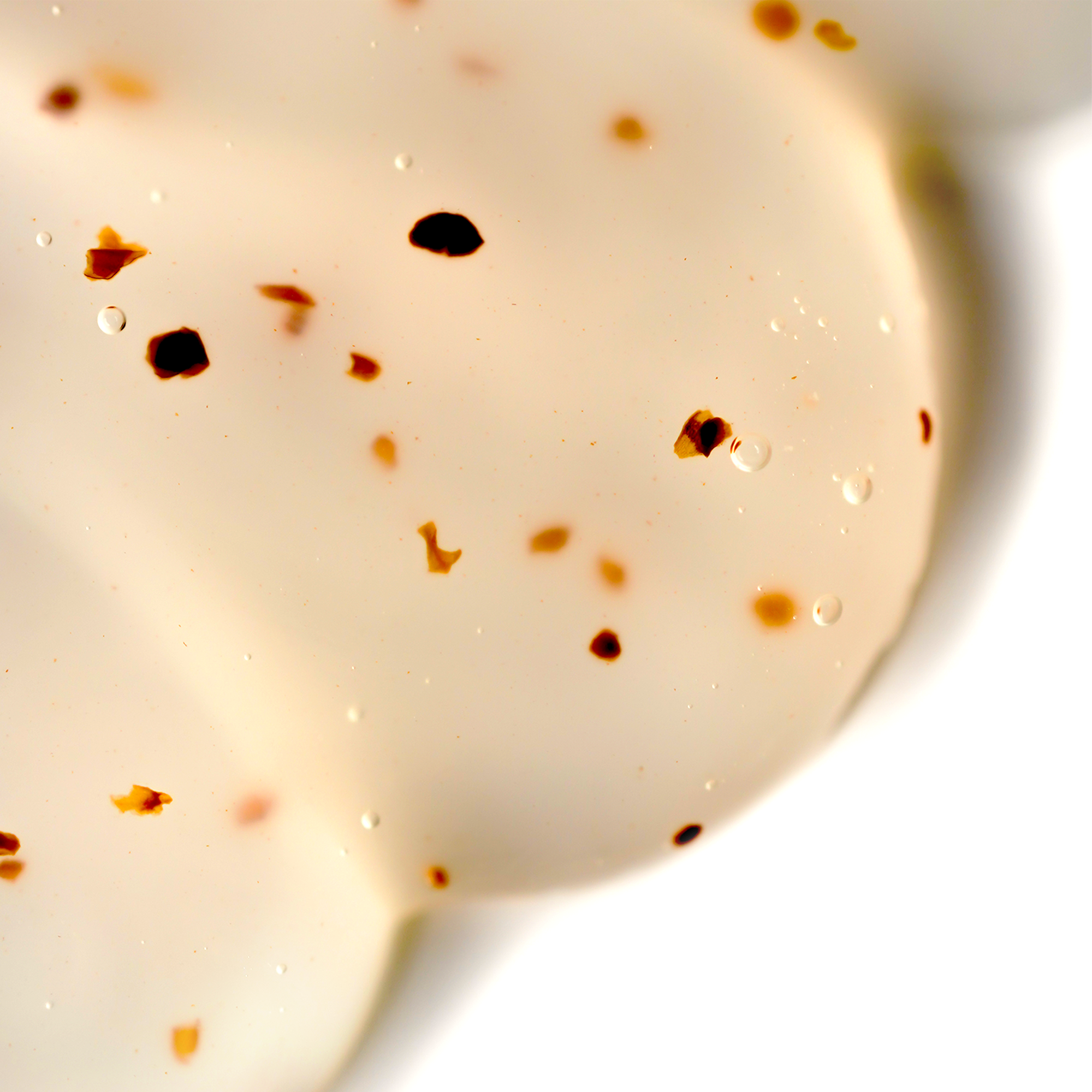Can you use oil when you have oily skin?
At first glance, applying an oil to your skin can be scary because we often think that it will stimulate sebum production and therefore make it oilier. We are sorry to tell you that this is a hoax. It’s actually exactly the opposite! As long as you choose the oils and active ingredients you apply carefully.
Why do some skin types produce more sebum than others?
The production of sebum depends first of all on your skin type; Some people have excessive sebum production as well as a tendency to have enlarged pores, this is what we call having oily skin. Often when you have this type of skin, you try by all means to dry your skin to avoid shiny areas, enlarged pores and imperfections. Unfortunately, the use of inappropriate cosmetic products or overexfoliation, for example, can aggravate these problems by creating an imbalance in the skin barrier. The skin feels “attacked”, it thinks it is dry and therefore it produces even more sebum. This is where the vicious circle begins: the more you use astringent active ingredients, the more certain problems develop.
Why apply an oil and how to choose it?
Just like you, your skin needs to eat and drink. Giving him a drink provides him with hydration, while giving him food provides him with lipids. Without it, it cannot function properly. Unfortunately, many preconceived ideas die hard, and many people with oily skin think that it is necessary to favor stripping and astringent active ingredients above all. However, your skin needs a good balance between water and lipids to avoid overproducing sebum. This is why it is important to give it oil, since it will self-regulate.
Before choosing an oil when you have oily skin, it is essential to understand the comedogenicity index. On a scale of 0 to 5, this index ranks oils based on their ability to clog pores. For example, jojoba oil, with an index of 0, is suitable for all skin types - it is said to be the one that is closest to the structure of our sebum - while jojoba germ oil Wheat, with an index of 5, is strongly comedogenic. It is also important to consider skin sensitivity. Some oils, such as St. John's wort, can be photosensitizing and should be avoided during the day.
Sebum-regulating vegetable oils: the solution for oily skin
Oily skin can benefit from the use of sebum-regulating vegetable oils. These oils act as sebum regulators, helping to maintain optimal balance. Jojoba oil, grapeseed oil, and hazelnut oil are examples of oils recommended for oily skin. Their use prevents the formation of an oily film after application, thus helping to reduce the feeling of thick skin.
At Seasonly, our oils have a light texture, they penetrate quickly and do not leave a greasy film on the skin. For example, our Restorative Night Oil is made with 14 super-ingredients to activate skin's vital functions at rest and reveal radiance without a greasy finish. Its texture is fluid and perfectly suited to oily skin. Apply every evening for regenerated skin when you wake up!






